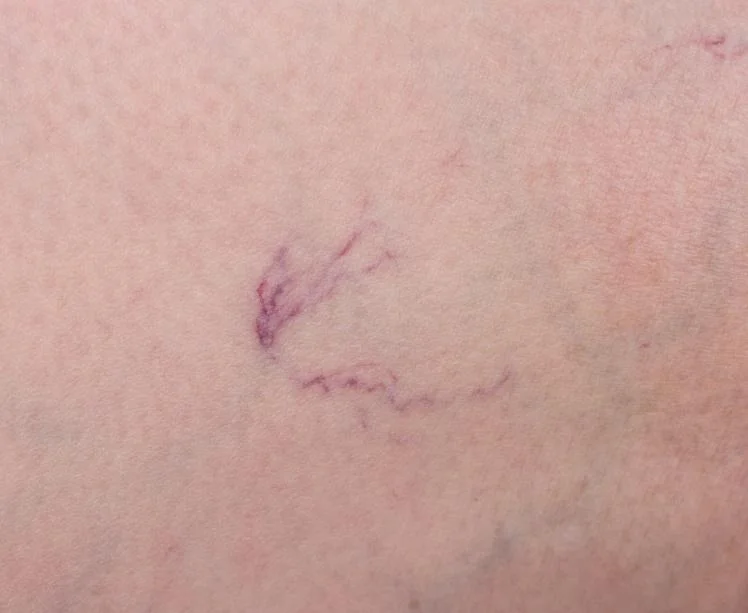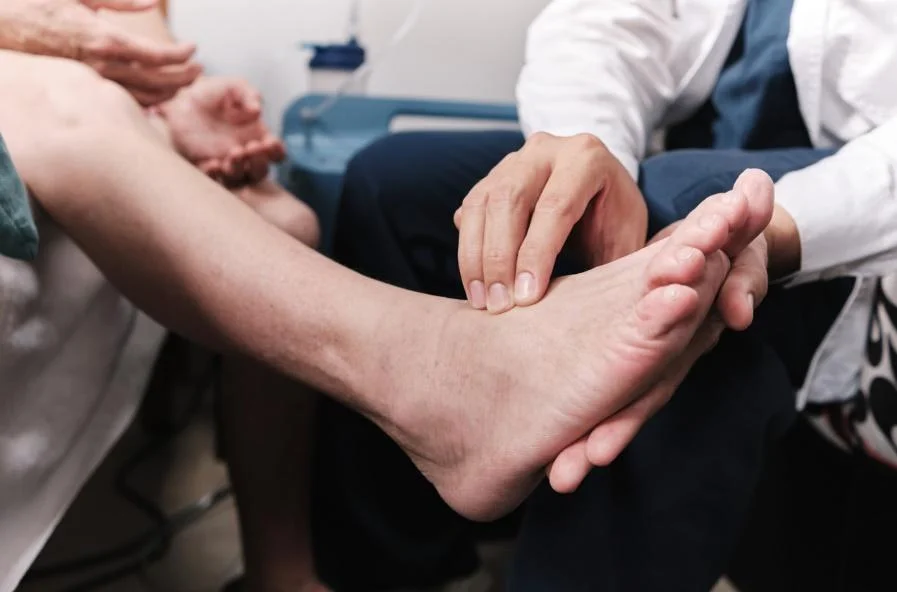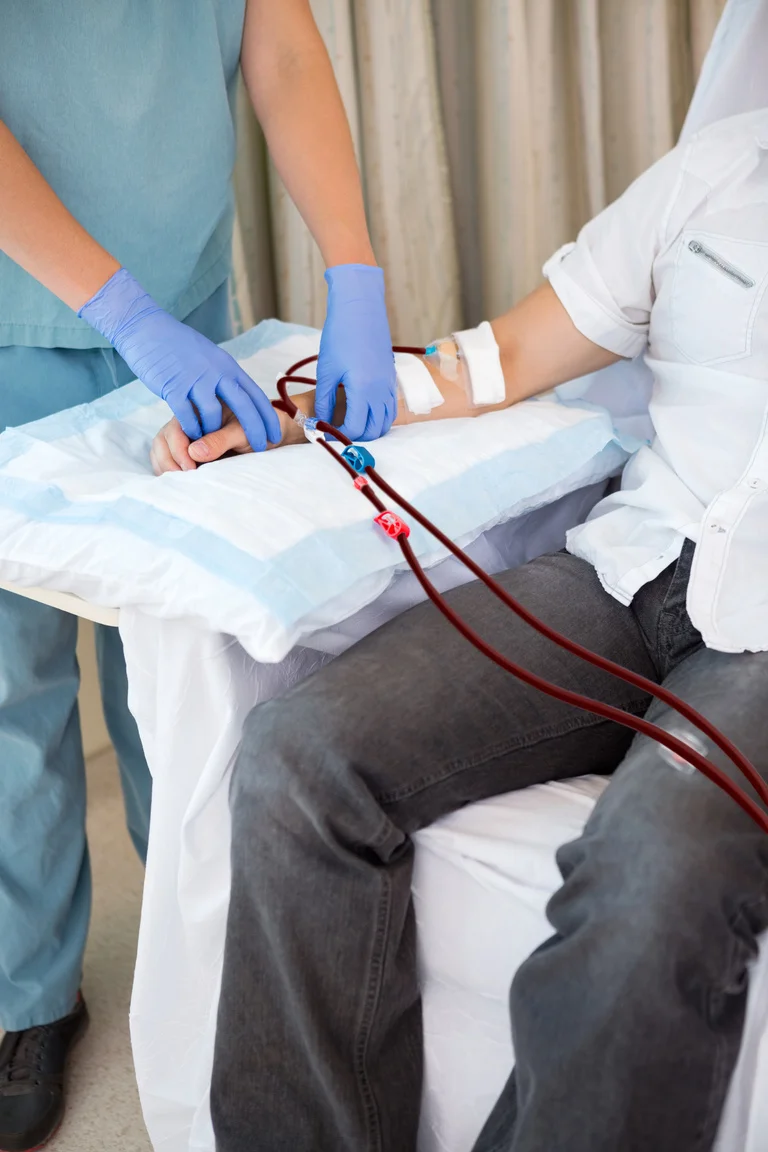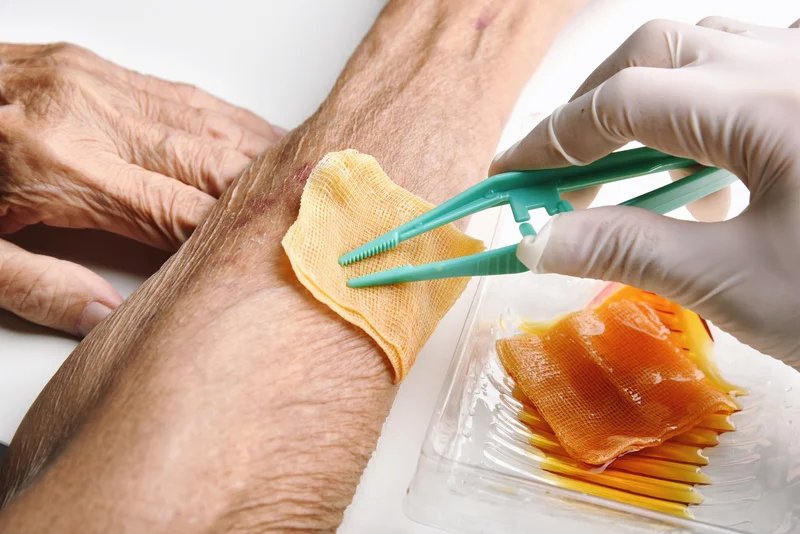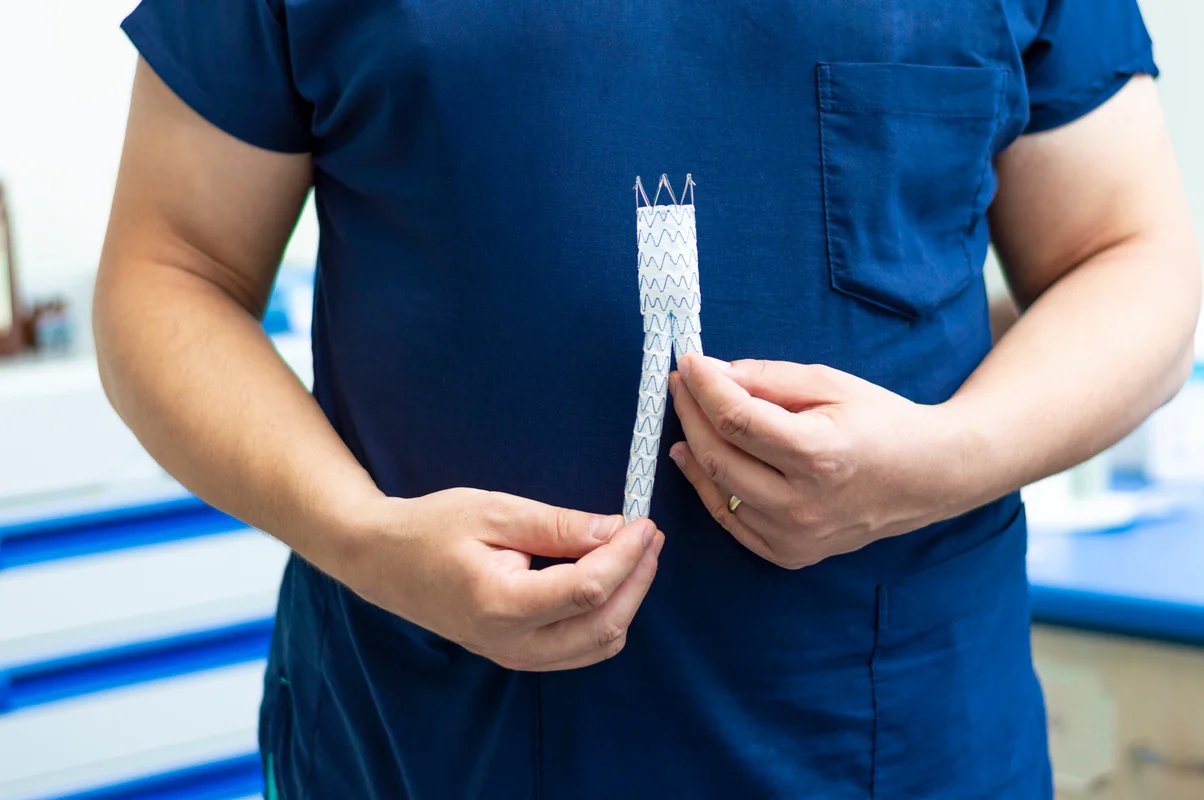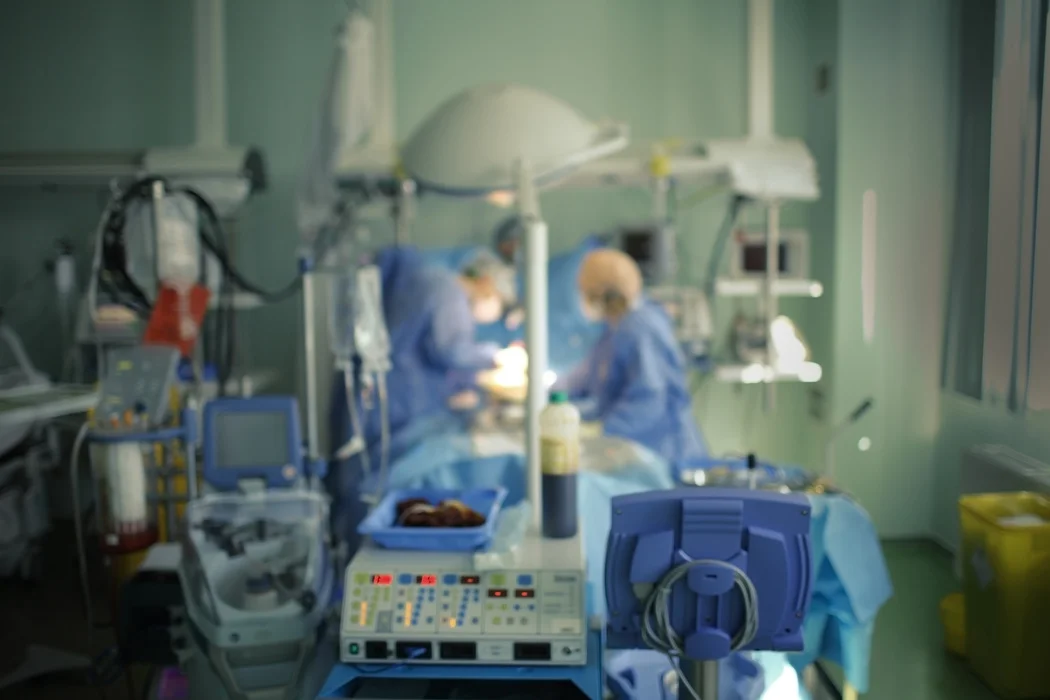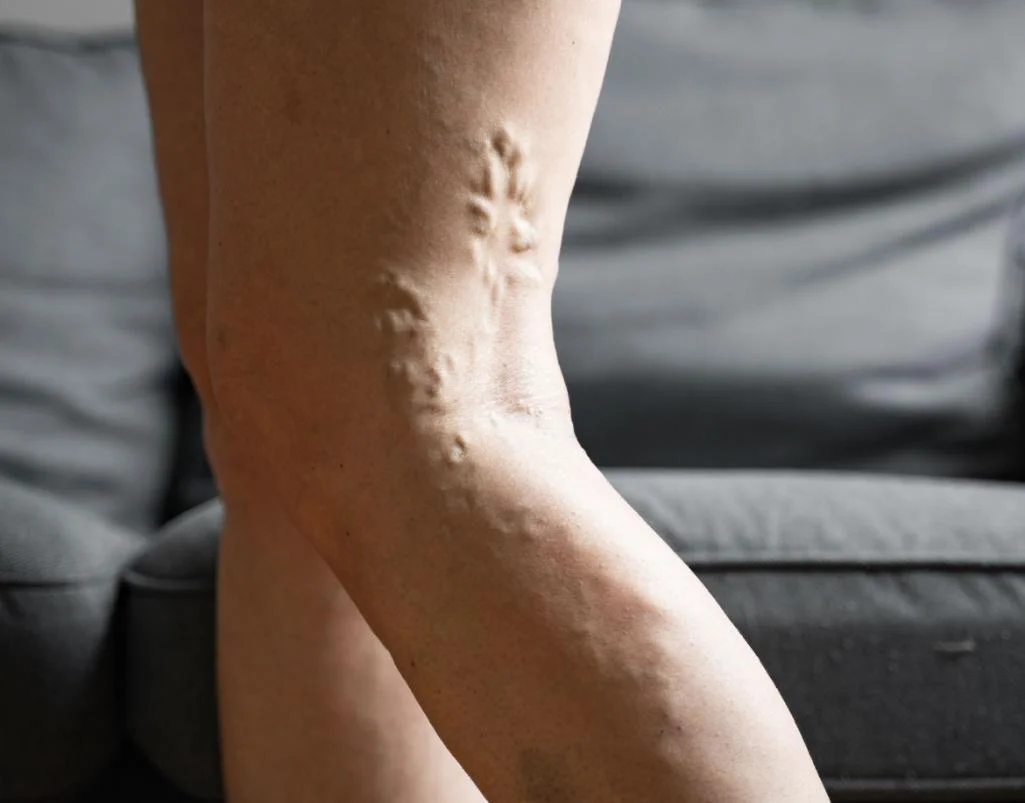
Vascular Surgeon for Poorly Healing Wounds
If you have a wound that lingers for weeks without improvement, it may not be a skin problem alone—the underlying issue could be poor circulation. Poorly healing wounds, especially on the legs or feet, often result from blocked arteries or venous insufficiency that limit blood supply to the tissues. A vascular surgeon for poorly healing wounds is the right specialist to see, as they can identify and correct these circulation problems to promote recovery and prevent serious complications.
Why a Vascular Surgeon Is Key for Wound Care
Unlike general wound care providers, vascular surgeons are experts in the arteries and veins that deliver oxygen and nutrients needed for healing. Without healthy circulation, wounds can worsen, leading to infection, ulcers, or even amputation.
A vascular surgeon can:
- Use advanced imaging to diagnose blood flow problems.
- Treat both arterial blockages and venous disease.
- Restore circulation so the wound can finally heal.
Diagnostic Tools: Finding the Cause of Poor Healing
To determine why a wound is not healing, a vascular surgeon may use:
- Doppler ultrasound—measures blood flow in arteries and veins.
- Ankle-Brachial Index (ABI)—detects arterial narrowing by comparing ankle and arm blood pressure.
- Angiography or duplex ultrasound—provides detailed maps of blocked or weak vessels.
These tests allow the surgeon to target the underlying cause precisely.
Treatment Options for Poorly Healing Wounds
Once the diagnosis is clear, a vascular surgeon may recommend:
- Non-surgical care—compression therapy, medications, and lifestyle changes.
- Endovascular procedures—
- Angioplasty to widen narrowed arteries.
- Stenting to keep vessels open.
- Surgical options—
- Bypass surgery to reroute blood flow around blockages.
- Vein treatments for chronic venous insufficiency.
By restoring healthy blood flow, these treatments create the conditions necessary for proper wound healing.
When to Seek Help
You should see a vascular surgeon if your wound:
- Persists beyond several weeks despite routine care.
- Appears on your lower legs, ankles, or feet with signs of poor circulation.
- Is accompanied by swelling, pain, or skin discoloration.
- Shows signs of infection or ulceration.
Prompt care can reduce the risk of severe complications and speed up healing.
Final Thoughts
A vascular surgeon for poorly healing wounds provides essential care by addressing the circulation problems that prevent wounds from closing. With diagnostic tools like Doppler ultrasound and treatments ranging from angioplasty and stenting to bypass surgery, vascular surgeons restore blood flow and give your body the best chance to heal.
Frequently Asked Questions
1. What kind of doctor should I see for a wound that won’t heal?
A vascular surgeon is the best specialist to consult for a wound that isn’t healing properly. They can assess whether poor circulation or blocked arteries are preventing recovery and recommend treatments to restore blood flow.
2. Why are my wounds not healing?
Slow-healing wounds often occur due to poor circulation, diabetes, infection, or venous disease. Without enough oxygen and nutrients reaching the tissue, the body cannot repair itself effectively.
3. How do vascular surgeons diagnose circulation problems?
They use diagnostic tests like Doppler ultrasound, ankle-brachial index (ABI), and angiography to evaluate blood flow and pinpoint blockages that may be affecting wound healing.
4. What treatments help wounds heal faster?
Treatments may include angioplasty, stenting, or bypass surgery to restore circulation, along with compression therapy and medications to support healing and prevent infection.
5. When should I worry about a wound that won’t heal?
If a wound does not improve within two to three weeks, or shows signs of infection, swelling, or discoloration, you should see a vascular surgeon immediately. Early diagnosis can prevent complications like ulcers or amputation.
6. Can poor circulation wounds heal completely?
Yes, with proper treatment to restore blood flow and ongoing care, most wounds caused by circulation problems can heal successfully. Follow-up care is crucial to prevent recurrence.

Take the First Step Towards Vascular Health Today!
Are you ready to transform your vascular health with expert care and cutting-edge treatments?
Dr. Darryl Lim and his dedicated team are committed to providing personalized, compassionate care. Whether you’re dealing with varicose veins, peripheral artery disease, or other vascular conditions, Dr. Lim’s expertise and innovative approach ensure you receive the best possible outcomes.
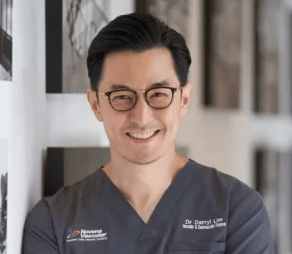
Dr. Darryl Lim is a Senior Consultant Vascular and Endovascular Surgeon at the Novena Vascular and Varicose Vein Centre in Singapore. Before this role, he served as the Director of the Vascular Unit at Changi General Hospital and as a Service Chief at the Singhealth-Duke NUS Vascular Centre. Under his tenure, Changi General Hospital’s Vascular Unit was recognized as a regional centre of excellence.
Dr. Lim has a strong commitment to training emerging interventionalists and enhancing the capabilities of vascular units in Southeast Asia. He is regularly invited to travel to regional units to conduct live case workshops and to speak at international conferences.

